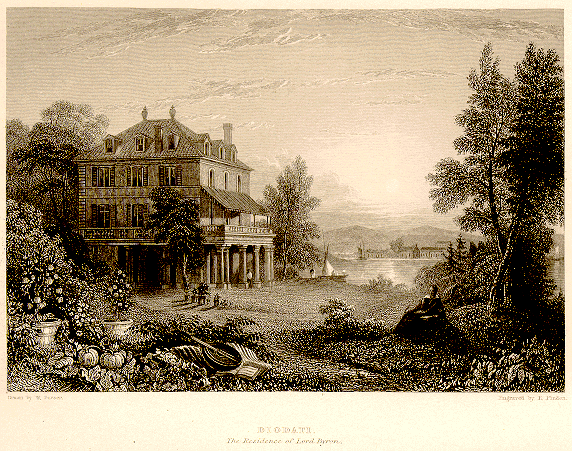On this page, we provide some links to some texts that will give some background to our The Black Vampyre and Other Creations event for the Being Human Festival. We hope they will add some depth to our talks and perhaps inspire you for the flash fiction competition!

Main texts
Firstly, these are links to the main texts we are going to talk about. Some may be too long to read on line in their entirety but you can browse through them.
Mary Wollstonecraft, A Vindication of the Rights of Men (1790). Wollstonecraft’s passionate (and witty) defence of the French Revolution and Enlightenment ideas of universal human rationality in response to Edmund Burke’s attack.
John Polidori, The Vampyre; A Tale (1819). The first literary vampire prose fiction in English, emerging out of the ghost story competition with Byron, and Mary and Percy Shelley at the Villa Diodata during the ‘The Year without a Summer’ of 1816, which also inspired Mary’s Frankenstein.
‘Uriah Derick D’Arcy’ [Richard Varick Dey?], The Black Vampyre; A Legend of St. Domingo (1819). An excellent online edition of the first literary appearance of a Black vampire (inspired by Polidori) by Ed White and Duncan Faherty, with a useful introduction. Set against the background of slavery in Haiti and the Revolution against it (with sniping against the commercialisation of literary works)
Mary Shelley, The Last Man (1826). The grimly apocalyptic novel of a pandemic that devastates human life and Enlightenment dreams of progress.
Elsa Barker, War Letters from The Living Dead Man (1915). One of the notable Spiritualist texts from the First World War period.
Supplementary texts
These are literary texts that form part of the background to the main texts.
Tales of the Dead (1813). A translation of some of the tales in the French collection Fantasmagoriana (1812), translated in turn from the German, which inspired the ghost story contest at the Villa Diodata.
Lord Byron, ‘Darkness’ (1816). Apocalyptic poem written during ‘The Year without a Summer’.
Lord Byron, ‘A Fragment‘ (1819). Byron’s contribution to the storytelling competition and the seed for Polidori’s tale.
Percy Bysshe Shelley, ‘England in 1819‘ (1819). Percy Shelley’s satirical poem on the failure of the ruling class and the hope of social transformation.
James Robinson Planché, The Vampire, or, The Bride of the Isles : a romantic melo drama in two acts (1829). One of the many adaptations for the stage of Polidori’s The Vampyre.
Critical reading
Some links to critical material on the texts we are talking about.
Greg Buzwell, ‘Mary Shelley, Frankenstein and the Villa Diodati‘ (British Library, 2014)
Fabio Camilletti, ‘Fantasmagoriana: the German book of ghost stories that inspired Frankenstein’, The Conversation, 29 October 2019
‘The Vampyre by John Polidori’ (British Library)
Conrad Aquilina, ‘The deformed transformed; or, from bloodsucker to Byronic hero‒Polidori and the literary vampire’, in ‘Open Graves, Open Minds’: Representations of Vampires and the Undead from the Enlightenment to the Present Day, ed. by Sam George and Bill Hughes (Manchester: Manchester University Press, 2013), pp. 24‒38
Mair Rigby, ‘“Prey to some cureless disquiet”: Polidori’s Queer Vampyre at the Margins of Romanticism’, Romanticism on the Net, 36-37 (November 2004-February 2005)
Sam George, ‘Vampire’s rebirth: from monstrous undead creature to sexy and romantic Byronic seducer in one ghost story’, The Conversation, 29 March 2019
Sam George, ‘America’s first vampire was Black and revolutionary – it’s time to remember him‘, The Conversation, 30 October 2020
Sylvana Tomaselli, ‘Mary Wollstonecraft‘, Stanford Encyclopedia of Philosophy (Fall 2018 Edition), ed. by Edward N. Zalta
‘You’re dead to me: The Haitian Revolution’ – a radio talk: ‘Host Greg Jenner is joined by Professor Marlene Daut and comedian Athena Kugblenu’ (BBC)
Haiti and the Atlantic World: Sources and Resources for Discussions about Haiti and Haitian History
Being Human’s ‘Black lives matter – resources for the humanities’ page
OGOM held a symposium in 2019 to celebrate the bicentenary of The Vampyre; you may be interested in looking at the event pages and the full PDF Programme.
